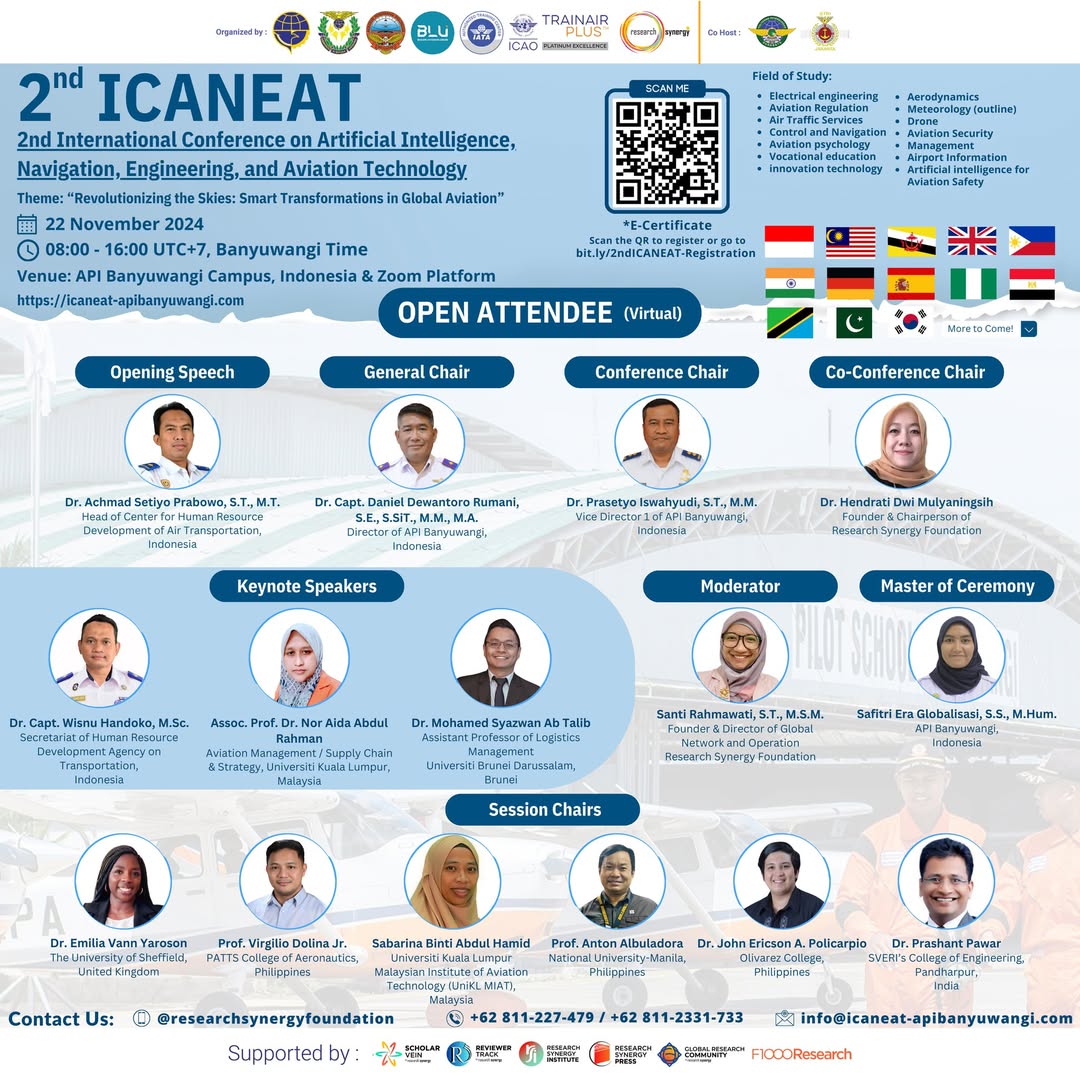Factors That Affect Legal Protection of Workers Who Experience Termination of Employment (PHK) Post The Enforcement of Law Number 11 Of 2020 Concerning Job Creation
Keywords:
Legal Protection, Children, ViolenceAbstract
Termination of Employment (PHK) is still a problem that will not end as long as there are workers and employers. Field Data shows that employment termination disputes (PHK) always dominate industrial relations disputes that occur in Indonesia, meaning that the issue of layoffs is a vital problem that always arises because it concerns the continuity of life of workers and the obligations of employers. After the enactment of Law Number 11 of 2020 concerning Job Creation, it resulted in several changes in the substantive regulations of Employment Law. Likewise with layoffs, through Government Regulation in Lieu of Law Number 2 of 2022 concerning Job Creation which was promulgated into Law in March 2023, compensation and the reasons that accompany it are also regulated in this Law. This research method uses a literature study that examines various regulations related to the compensation that workers who are laid off should receive. Apart from that, various factors are explained that cause the rights of workers who experience layoffs to not be fulfilled. Law Number 2 of 2022 concerning Job Creation in principle regulates the rights and obligations of the parties in the event of layoffs. Apart from that, there are various reasons and conditions that are permitted and prohibited for workers and entrepreneurs when ending their employment relationship. The consequences of the regulation of layoffs in this Law create an obligation for the parties to comply and implement according to the provisions of the Law. Although in practice there are still parties who ignore or even forget their obligations for various reasons. Therefore, it is necessary to examine the factors that cause these rights to not be fulfilled so that they can affect the protection that workers should receive in the event of layoffs.
References
Aloysius Uwiyono, dkk.,(2014). Asas-Asas Hukum Perburuhan, Depok: Raja Grafindo Persada.
Burhan Bungin, (2013). Analisis Data Penelitian Kualitatif, Pemahaman Filosofis dan Metodologis ke Arah Penguasaan Model Aplikasi, Jakarta: Raja Grafindo Persada.
Masitah Pohan & Rahmayanti. (2022). Legal Protection Of Workers In Fostering Industrial Relations. Randwick International of Social Science Journal, 3(1).162-167.
Membaca Pengadilan Hubungan Industrial di Indonesia, Penelitian Putusan Mahkamah Agung
Pada Lingkup Pengadilan Hubungan Industrial 2006-2013.
M. Yahya Harahap, (2005). Hukum Acara Perdata, cetakan kedua, Jakarta: Sinar Grafika Offset.
R.J. Marbun., (2023). Implementasi Hukum Ketenagakerjaan Indonesia dalam Perspektif Negara Kesejahteraan, Jawa Tengah, Eureka Media Aksara.
R. J. Marbun (2024). Challenges Of The Industrial Relations Court In The Reform Era In Creating Fast, Accurate, Fair And Cheap Court. International Journal of Society and Law, 2(1), 42-48.
R. J. Marbun, & Rahmayanti, R. (2024). Penerapan Hukum Ketenagakerjaan Terhadap Pekerja/Buruh Yang Mengalami Pemutusan Hubungan Kerja (PHK). Jurnal Darma Agung, 32(1), 420-430.
Siti Nurhayati, dkk., (2022)., Jaminan Terhadap Pemenuhan Hak Tenaga Kerja, Kaitannya dengan Legalisasi Sistem Pekerja Kontrak (Outsourcing) Analisis Yuridis terhadap Undang-Undang Ketenagakerjaan, Bekasi: Dewangga Energi Internasional.
Zainal Asikin, Agusfian Wahab, Lalu Husni, ZaeniAsyhadei, Dasar-Dasar Hukum Perburuhan, (Jakarta: PT Raja Grafindo Persada, 2008).
Soerjono Soekanto dan Sri Mamudji, Penelitian Hukum Normatif, (2013). Jakarta: Raja Grafindo Persada.
https://satudata.kemnaker.go.id/data/kumpulan-data/1310, diakses pada 20 November 2023, pukul 10.00 wib.
Downloads
Published
Issue
Section
License
Copyright (c) 2024 Rika Jamin Marbun, Rahmayanti, M.Rizki Faisal (Author)

This work is licensed under a Creative Commons Attribution-ShareAlike 4.0 International License.









